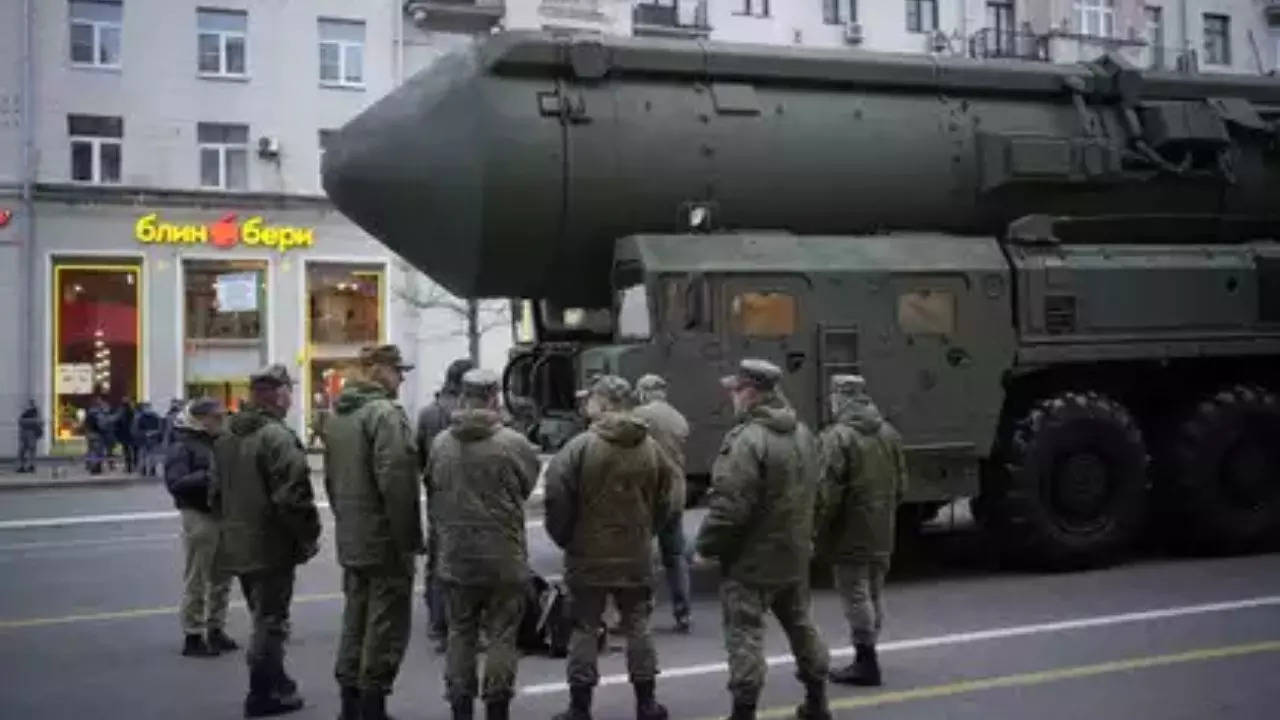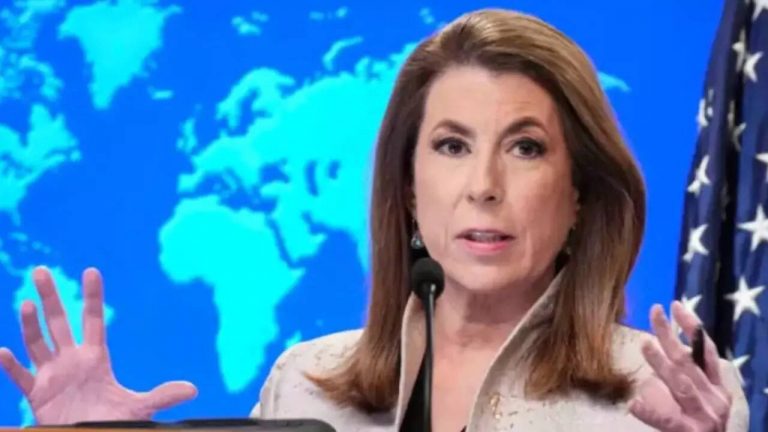After the fall of the Soviet Union, Ukraine inherited a significant nuclear stockpile, but due to financial burdens and geopolitical risks, the country chose to relinquish these nuclear weapons. The 1994 Budapest Memorandum, which promised security guarantees to Ukraine, was proven unreliable when Russia annexed Crimea and supported separatists in Ukraine. The current Russia-Ukraine conflict underscores the vulnerabilities of Ukrainian security without nuclear deterrence. This decision has had far-reaching consequences for Ukraine’s security and has left the country exposed to external threats. The lack of nuclear weapons has made Ukraine dependent on international support and alliances to safeguard its sovereignty. The ongoing conflict serves as a stark reminder of the importance of nuclear deterrence in ensuring national security. The situation in Ukraine has also raised concerns about the effectiveness of international agreements in guaranteeing the security of nations. As Ukraine continues to navigate its security challenges, the global community watches closely to see how the country addresses its vulnerabilities and strengthens its defenses. The events in Ukraine serve as a cautionary tale for other nations about the risks and consequences of giving up nuclear capabilities in an increasingly volatile geopolitical landscape.

Posted in
JUST IN
Ukraine’s Nuclear Surrender: Lessons from Budapest Memorandum in Current Russia-Ukraine Conflict
In Trend

“Indian government launches initiative to boost domestic manufacturing in electronics sector”




















